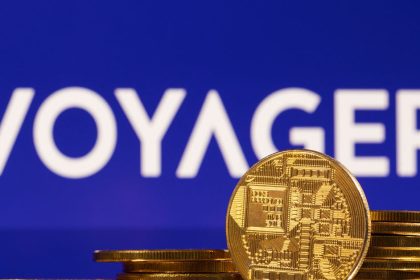It already runs prediction markets on inflation, unemployment, oil prices, Federal Reserve policy, government shutdowns, the temperature in Austin, who will win an Oscar and President Biden’s approval rating. The consensus forecasts are often on the mark and extremely useful. But what Kalshi has been unable to do is run a market predicting which political party will control Congress. The Commodity Futures Trading Commission has turned it down, saying that would violate prohibitions on election contracts implied by the Dodd-Frank Act of 2010. So Kalshi sued the C.F.T.C. this month. In an interview, Tarek Mansour, a founder of Kalshi, said that he would ultimately like to start markets on presidential elections and on a range of other contests. “Betting on elections is as old as the United States,” he said, adding that if that betting isn’t done through a careful marketplace like his, it will happen elsewhere anyway. Already, he pointed out, sophisticated and well-financed investors can hedge against the risks of election outcomes through bespoke derivative contracts arranged by investment banks. “Why limit these trades to the very rich?” he asked. “We want to make this kind of hedging available to the average investor.” I said that I would call these “trades” bets. He said, “I wouldn’t disagree.” Betting on U.S. elections takes place abroad. Betfair in Britain runs a robust market. And unregulated offshore betting is conducted on Polymarket, which uses cryptocurrency and was fined $1.4 million by the C.F.T.C. for running afoul of its rules. Then there’s FTX, the failed cryptocurrency exchange that was headed by Sam Bankman-Fried, who was convicted this month on seven counts of fraud and conspiracy. It ran an unregulated, offshore prediction market in the 2020 election cycle.



